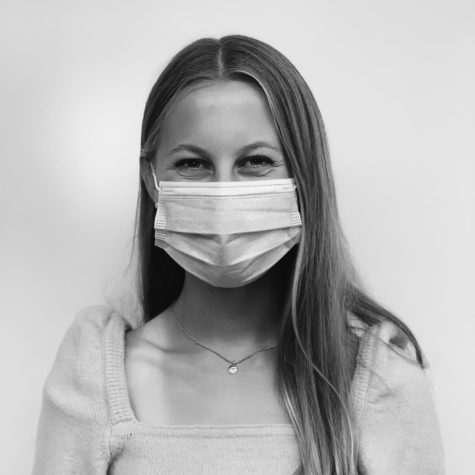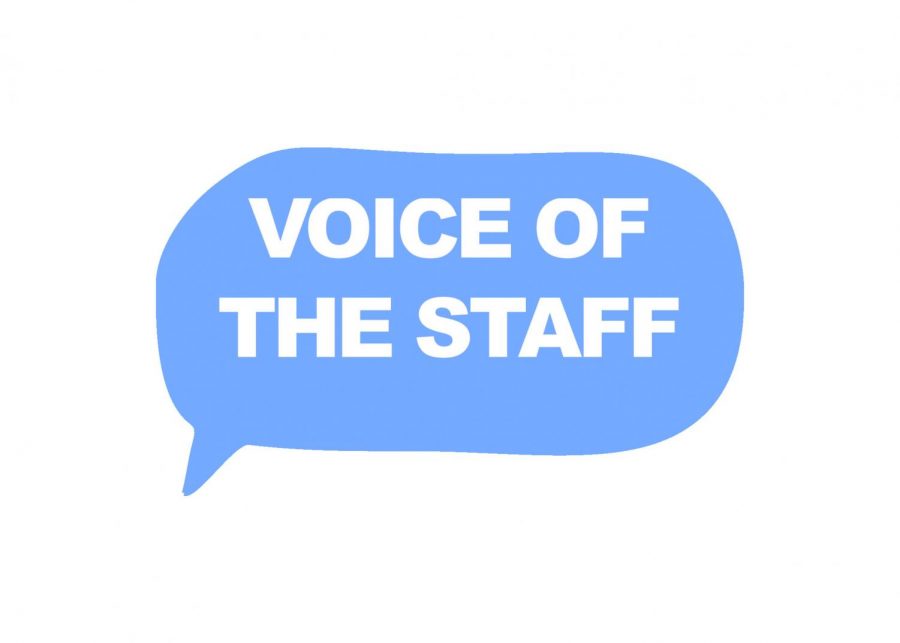Staff Editorial: COVID-19 Closures and Openings Elicit Conversations About the Balance Between Economic Security and Health
Varying responses to government policies increase tension in communities
Since the COVID-19 pandemic is impacting states differently, the stay-at-home orders mandated by individual state governors are enacted on a state-by- state basis. These differing responses, closures, and openings in each state have led to more controversy about the balance between maintaining health and safety in communities and reopening states to mitigate the negative economic ramifications of business closures.
Minnesota’s stay-at-home order was put in effect on March 27 by Governor Tim Walz and is planned to expire on Sunday, May 17. Currently, the stay-at-home order in Minnesota only permits retail stores to be open for curbside pick-up and specific industries and offices to be open, according to The New York Times.
Many feel that these measures are necessary to flatten the curve of COVID-19 cases that appear to be spiking in states that have begun to open, such as Alabama and Georgia. Social distancing guidelines have been outlined with the intention of promoting the wellbeing of each community. This sentiment, however, is not unanimous.
The constitutionality of certain government policies in response to COVID-19 have been called into question. Since the beginning of the nation, state versus federal rights have been disputed. Now more than ever, these beliefs can be seen in the news, in conversations with friends and family, and in citizens’ responses and adherence to these government policies.
The closures of businesses and other public places, such as parks, have provoked a negative response from some arguing that it will have negative long term implications on the economy. Unemployment rates have been rapidly increasing which causes rising amounts of people to worry about the risk that long term closure poses to the economy.
The disbelief about the severity of COVID-19, in addition to a potential concern about the economy, has resulted in bustling outdoor areas where people congregate in large groups, not adhering to social distancing protocols. Certain parks in the Twin Cities, such as Todd Park in Edina, have taken measures to dissuade citizens from using it and reduce the amount of people that frequent it by taking off the basketball rims, taking down tennis nets, and lining the circumference with red tape indicating a hazard.
Some neighborhoods have seen their communities pay heightened attention to distancing themselves from one another while outside. Meanwhile others, in particular near Bde Maka Ska and Downtown Minneapolis, appear to continue living as though we are not experiencing a global pandemic. Differing interpretations of social distancing protocols has sparked frustration in those that are taking very intentional measures to adhere strictly to the guidelines of the Governor.
Teens who have dedicated themselves to following the stay-at-home order strictly, by not seeing friends or participating in their usual daily activities, find the varying approaches and less strict adherence to these guidelines frustrating and confusing. The different messages in the news that range from promising information about a vaccine to tragic news about spikes in the death toll further complicate these emotions.
This issue has become extremely politicized, further complicating the responses of different citizens. In an extremely tense political climate and with an election looming, political figures and news sources may have different motivations when providing information. The COVID-19 pandemic, however, is an issue that should remain free from the polarizing influence of partisan politics. The pandemic affects the community and therefore it is the government’s responsibility to respond to it.
This does not mean that COVID-19 should be a partisan issue. The closures and openings that may and will ensue from COVID-19 are humanitarian issues, but, as a community, we have endured trying circumstances in our history. In these moments, it is crucial that we maintain a sense of community and employ critical thinking in our responses to news headlines and government policies alike.

Hi, I’m Maggie! I am a senior in the Class of '22. I am the former Managing Editor and Business Manager, who also edited the Opinions Section, Student...





